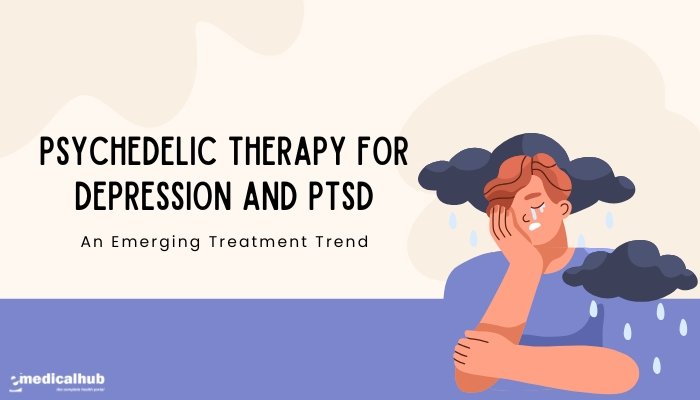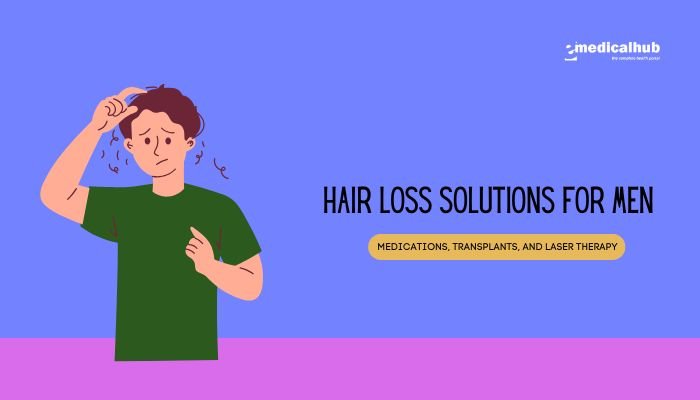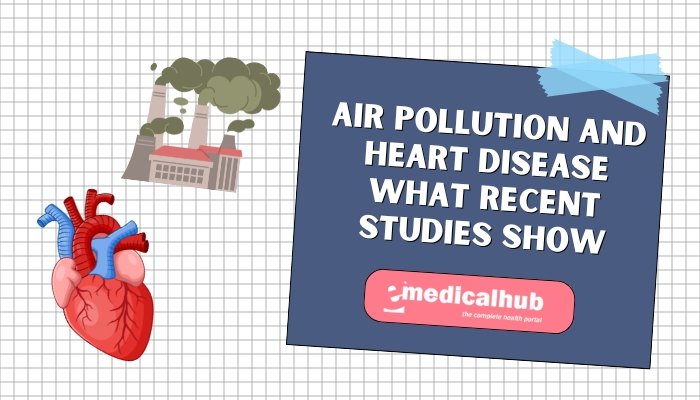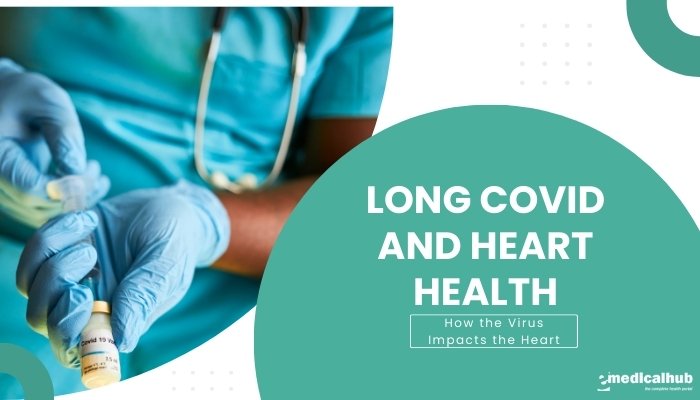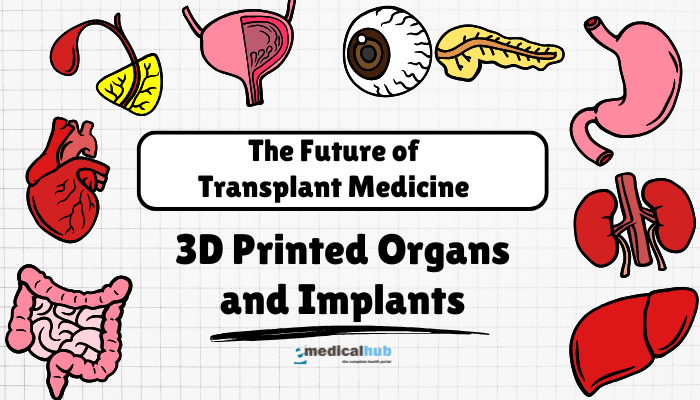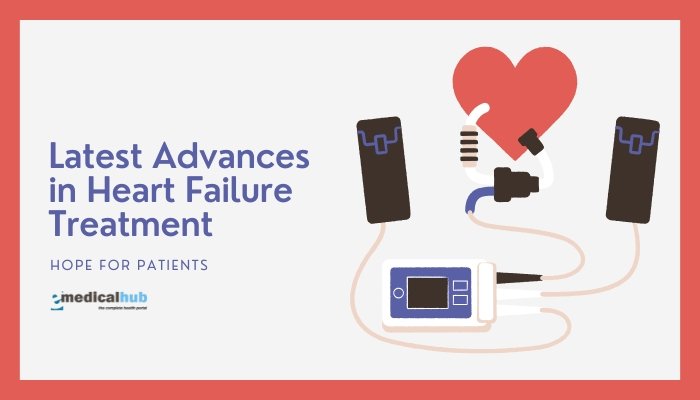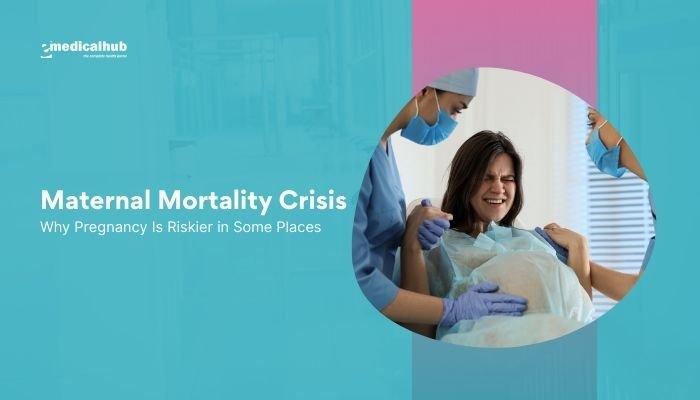Introduction
In recent years, there has been a renaissance of scientific interest in psychedelics, leading to new research on their therapeutic potential. Substances like psilocybin (the active ingredient in “magic mushrooms”), MDMA (commonly known as ecstasy), and LSD—once relegated to countercultural movements or considered purely recreational—are now being investigated for clinical use in mental health treatment.
Preliminary studies suggest that, under controlled conditions, these substances could offer profound relief for individuals struggling with depression, post-traumatic stress disorder (PTSD), and other psychiatric conditions.
This article explores the emerging trend of psychedelic therapy, focusing on its use for depression and PTSD. We’ll discuss why these substances may impact mental health, review research findings, outline potential risks, and consider the ethical and legal obstacles still to be addressed.
While initial results are promising, we must remember that these are powerful drugs requiring careful medical supervision, standardized protocols, and ongoing scientific scrutiny. For those suffering from resistant depression or severe trauma, psychedelic-assisted therapy might eventually expand the current repertoire of treatments, possibly bridging gaps where conventional interventions have fallen short.
Disclaimer: The information provided here is intended for educational purposes only. It does not serve as medical advice or endorsement of self-administered psychedelics. If you experience depression, PTSD, or other mental health challenges, consult a qualified mental health professional. Substances mentioned here can be illegal or restricted in many places; always abide by local laws and regulations.
Understanding Psychedelic Therapy
What Are Psychedelics?
Psychedelics, or hallucinogens, refer to substances that alter perception, mood, and various cognitive processes. Common examples include:
- Psilocybin: Found in certain mushroom species.
- LSD (Lysergic acid diethylamide): A potent synthetic hallucinogen.
- MDMA (3,4-Methylenedioxymethamphetamine): Sometimes classified differently due to its entactogenic properties, but frequently included in psychedelic-assisted therapy research.
- Ayahuasca (DMT-based brew) and Mescaline (derived from cacti) also are used in traditional and clinical settings.
Despite differences in chemistry, they often promote expanded consciousness, heightened introspection, and in some cases, spiritual-like experiences. Under a therapeutic framework, the goal is to help patients explore emotional patterns, traumas, or existential perspectives in a guided setting.
Emergence of Psychedelic Therapy
- Historical Context: Psychedelics were studied extensively in the 1950s–1960s for potential mental health benefits. Prohibition and stigma halted research for decades.
- Modern Revival: In the early 2000s, organizations like MAPS (Multidisciplinary Association for Psychedelic Studies) began rigorous clinical trials on MDMA for PTSD, while academic institutions (Johns Hopkins, Imperial College London) explored psilocybin for depression and addiction.
- Breakthrough Therapy: The FDA has granted “breakthrough therapy” status to psilocybin for treatment-resistant depression and to MDMA for PTSD, accelerating research trials.
Core Therapeutic Elements
Psychedelic therapy typically includes:
- Preparation Phase: Several sessions to establish trust between therapist and patient, clarifying goals, concerns, and safety measures.
- Drug Session(s): Under professional supervision, the patient ingests a controlled dose in a comfortable environment. Trained therapists guide them through the experience, encouraging introspection.
- Integration Phase: Follow-up sessions to process insights, emotional breakthroughs, or challenging experiences from the journey. This is crucial for lasting change in mood or cognition.
Psychedelics for Depression
Rationale and Mechanisms
Treatment-resistant depression (TRD)—where typical antidepressants or psychotherapy yield limited results—prompts interest in novel interventions. Psychedelics might help via:
- Serotonin Receptor Agonism: Psilocybin and LSD strongly bind to the 5-HT2A receptor, influencing neural pathways associated with mood regulation.
- Neuroplasticity: Preliminary studies suggest that psychedelics can promote new neural connections, potentially “resetting” dysfunctional brain networks in depression.
- Psychological Shift: The profound subjective experience can catalyze changes in self-perception, emotional release, or personal meaning, potentially alleviating entrenched depressive thought patterns.
Key Research Findings
- Psilocybin Trials:
- A 2016 pilot study by Johns Hopkins with patients experiencing treatment-resistant depression found significant improvement in symptoms following one or two psilocybin sessions, combined with psychotherapy.
- Other small randomized controlled trials replicate these findings, indicating rapid antidepressant effects lasting weeks to months.
- LSD:
- LSD research for depression is less extensive than psilocybin, but anecdotal and older data suggest similar potential.
Practical Considerations
- Therapeutic Environment: Proper setting, with supportive therapists, helps participants navigate intense emotional experiences.
- Integration: Ongoing counseling ensures insights from the psychedelic session translate to real-life changes.
- Dose and Safety: Dosage must be controlled; self-medication is risky and could exacerbate anxiety, especially without a safe setting.
Psychedelics for PTSD
MDMA-Assisted Therapy
MDMA is uniquely beneficial for PTSD because it reduces fear responses and increases empathy or connectedness, enabling trauma survivors to revisit painful memories with less emotional overwhelm.
- Mechanism: MDMA increases serotonin, dopamine, and noradrenaline, while elevating oxytocin. This fosters a sense of safety, trust, and openness to therapy.
- Therapeutic Session: Usually takes place over 8-hour sessions with two trained therapists, followed by integrative therapy.
Efficacy from Clinical Trials
- Phase 2 & 3 Trials: MAPS-led studies show that, after multiple MDMA-assisted sessions, a significant percentage of participants no longer meet PTSD diagnostic criteria. Results often persist months after therapy ends.
- Breakthrough Therapy Status: The FDA’s designation reflects the strong preliminary results. Full approval in the U.S. may be forthcoming if final Phase 3 data remain positive.
Ongoing Concerns
- Risk of Misuse: MDMA is also known recreationally as Ecstasy or Molly, raising concern about unsupervised usage.
- Contraindications: Individuals with cardiovascular issues or at risk for psychosis must exercise caution.
- Integration: Like psilocybin therapy, post-session counseling is crucial to properly process traumatic memories brought to light.
Benefits and Promises
- Potential for Long-Lasting Improvement: Traditional antidepressants often require daily intake, while a few guided psychedelic sessions might yield prolonged benefits.
- Enhanced Emotional Insight: Psychedelics can unlock suppressed memories or ingrained negative beliefs, offering breakthroughs for healing.
- Addressing Root Causes: Instead of simply masking symptoms, therapy sessions may address underlying trauma or existential distress.
- Neuroplasticity: The immediate changes in brain connectivity might accelerate psychotherapeutic progress.
Risks and Drawbacks
Psychological Risks
- “Bad Trips” or Psychedelic Crises: Under unstructured conditions, intense anxiety, paranoia, or re-traumatization can occur.
- Emergence of Latent Psychosis: People with predisposition to schizophrenia or bipolar mania can be at higher risk.
- Integration Challenges: Without professional support, the experience can be disorienting or lead to confusion about newly surfaced emotions.
Physical and Legal Concerns
- Cardiovascular Stress: Some psychedelics raise heart rate or blood pressure.
- Illicit Status: LSD, psilocybin, and MDMA remain Schedule I substances in many countries, restricting clinical usage to research settings.
- Quality Control: Unregulated or street-sold substances risk adulteration.
Ethical Dilemmas
- Access and Equity: If/when legalized for therapy, cost and availability could limit who benefits.
- Informed Consent: The altered state can be vulnerable; ensuring thorough understanding of potential outcomes is essential.
- Cultural Sensitivity: Indigenous contexts (as with ayahuasca) demand respect, preventing exploitation or appropriation.
Who Might Benefit from Psychedelic Therapy?
Treatment-Resistant Patients
Those who haven’t responded to multiple standard therapies (antidepressants, CBT) might find new hope. Trials are focusing on populations with intractable depression or chronic PTSD.
People with Existential Distress
Psychedelics are being studied for end-of-life anxiety in terminal illness, fostering acceptance and peace. Preliminary results show promise for palliative care contexts.
Cautious Criteria
Not everyone qualifies. Screening typically excludes individuals with:
- Family history of schizophrenia or psychosis.
- Severe cardiovascular conditions.
- Active mania or borderline personality with unstable traits.
Practical Guidance for Considering Psychedelic Therapy
Legality and Availability
Legal medical use is mostly restricted to clinical trials or “compassionate use” expansions. Patients should:
- Check Local Regulations: In countries like the Netherlands (for psilocybin truffles) or clinics in certain U.S. states with decriminalization, limited access exists.
- Research Clinical Trials: Organizations like MAPS or major universities run structured studies.
- Avoid Unregulated Retreats: “Ceremonies” or clandestine sessions come with inadequate supervision or unknown purity of substances.
Finding a Practitioner or Clinical Trial
- Licensed Clinics: Some jurisdictions are passing legislation for psilocybin therapy under licensed professionals.
- Official Trials: The safest route is to volunteer for formal research programs under medical oversight.
Integration Support
If exploring legal therapy or trials, confirm the presence of:
- Preparation Sessions: Thorough psychological screening, setting intentions.
- Supervised Dosing: A calm, comfortable environment with trained guides.
- Follow-Up: Proper post-session therapy to integrate insights.
Future Outlook: Psychedelics and Mainstream Therapy
Regulatory Shifts
- FDA Approval: MDMA for PTSD may achieve full approval soon. Psilocybin for depression is on a similar track.
- Training Therapists: If these treatments become mainstream, a new cohort of mental health professionals will need certification in psychedelic facilitation.
Expanding Research
- Bipolar Disorder, OCD, and Eating Disorders: Early pilot studies test if psychedelics might help other conditions.
- Neuroimaging: Real-time imaging to understand how brain connectivity changes under psychedelics could refine dosage or session protocols.
Potential for Integrated Models
Future mental health clinics might offer multiple modalities—CBT, mindfulness, medication, or short-course psychedelic sessions—ensuring synergy, continuity, and rigorous screening to maximize benefits and minimize risks.
Frequently Asked Questions (FAQ)
- Are these experiences guaranteed to be life-changing or mystical?
While many participants report profound experiences, not everyone has an intense or transformative session. Outcomes vary. Skilled guidance influences the session’s tone. - Can I microdose psilocybin or LSD for daily depression relief?
Microdosing—taking sub-perceptual doses—lacks robust controlled data for depression or PTSD. Some anecdotal claims exist but remain unverified. Use caution, especially regarding legality. - Are there any side effects the next day?
Some might experience mild headache, fatigue, or emotional sensitivity. In clinical settings, after-care is recommended to handle any lingering psychological effects. - Can I just do an at-home session guided by an online resource?
This is discouraged due to legal, safety, and integration concerns. A legitimate therapy environment with professionals is strongly preferred, especially for mental health conditions. - If I had a “bad trip,” does that ruin the therapy?
A challenging psychedelic session can still yield therapeutic insights if properly integrated afterward. However, it underscores the importance of a supportive environment and post-session follow-up.
Conclusion
Psychedelic therapy is no mere fad—it’s a promising, research-backed approach that could redefine how certain cases of depression and PTSD are treated. By harnessing the unique ways substances like psilocybin or MDMA open emotional access and neuroplasticity, clinical trials suggest patients can confront deep-seated traumas, break negative thought patterns, and, in some cases, find relief where conventional treatments failed.
Yet, these potential benefits come with caveats: careful screening, structured dosing, professional guidance, and robust aftercare are essential to prevent adverse events or incomplete processing.
As legal landscapes evolve and more data emerge, we may see a future in which psychedelics are no longer taboo but integrated thoughtfully into mental health care. Meanwhile, those interested in exploring such therapies need to stay informed about local regulations, ongoing clinical trials, and the necessity of expert support. For many, the frontier of psychedelic therapy offers renewed hope in addressing deep emotional wounds and transforming mental well-being.
References
- Sessa B. The 21st Century Psychedelic Renaissance: Heroic Steps Forward on the Back of an Elephant. Psychopharmacology (Berl). 2012;221(4):595-596.
- Bogenschutz MP, Ross S. Therapeutic applications of classic psychedelics. Curr Top Behav Neurosci. 2018;36:361-391.
- Carhart-Harris RL, Goodwin GM. The therapeutic potential of psychedelic drugs: past, present, and future. Neuropsychopharmacology. 2017;42(11):2105-2113.
- Mithoefer MC, Mithoefer AT, Feduccia AA, et al. 3,4-Methylenedioxymethamphetamine (MDMA)-assisted psychotherapy for PTSD. Psychopharmacology (Berl). 2018;235(3):459-466.
- Ross S, Bossis A, Guss J, et al. Rapid and sustained symptom reduction following psilocybin treatment for anxiety and depression in patients with life-threatening cancer: a randomized controlled trial. J Psychopharmacol. 2016;30(12):1165-1180.
- Johnson MW, Griffiths RR, Van Dam NT. Clinical potential of psilocybin as a treatment for mental health disorders. Psychopharmacology (Berl). 2019;236(1):2739-2755.
- Reiff CM, Richman EE, Nemeroff CB, et al. Psychedelics and psychedelic-assisted psychotherapy. Am J Psychiatry. 2020;177(5):391-410.
- Belser AB, Agin-Liebes G, Swift TC, et al. Patient experiences of psilocybin-assisted psychotherapy: an interpretative phenomenological analysis. J Hum Psychol. 2017;57(4):354-380.
- Nichols DE. Psychedelics. Pharmacol Rev. 2016;68(2):264-355.
- https://maps.org
- Nutt D, Erritzoe D, Carhart-Harris R. Psychedelic psychiatry’s brave new world. Cell. 2020;181(1):24-28.
- Luoma JB, Chwyl C, Bathje GJ, et al. A Meta-Analysis of Placebo-Controlled Trials of Psychedelic-Assisted Therapy. JAMA Psychiatry. 2020;77(6):556-564.

